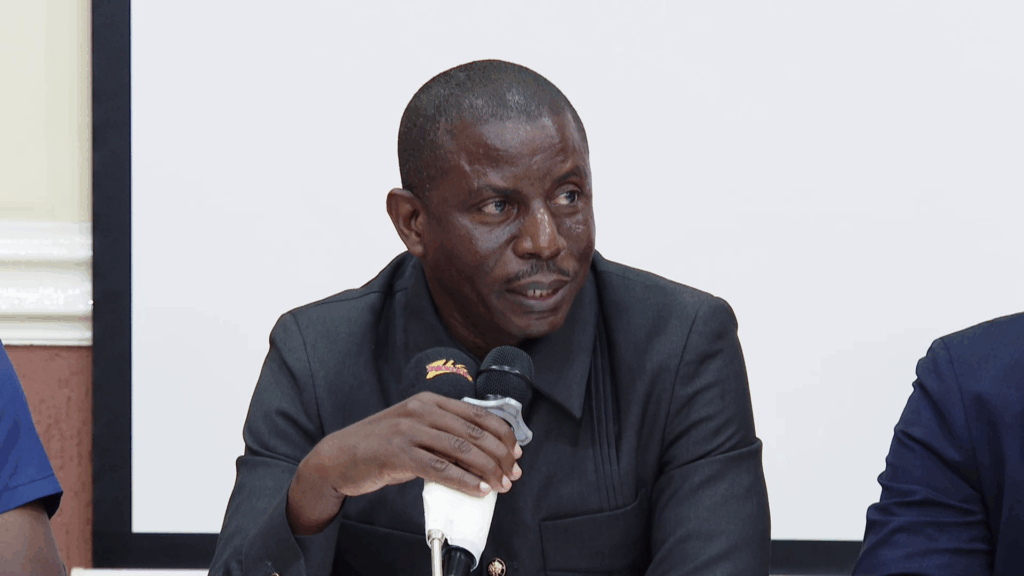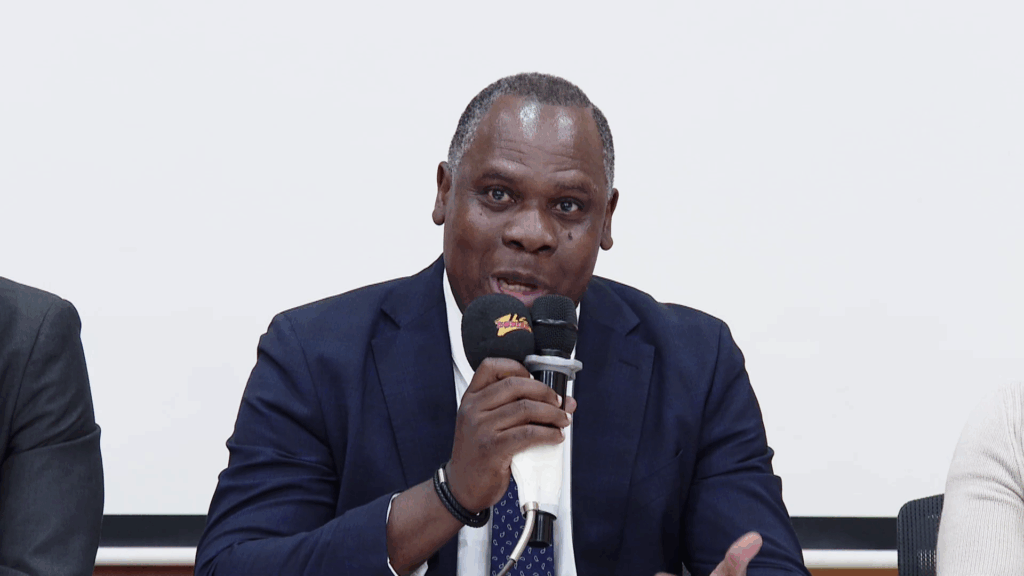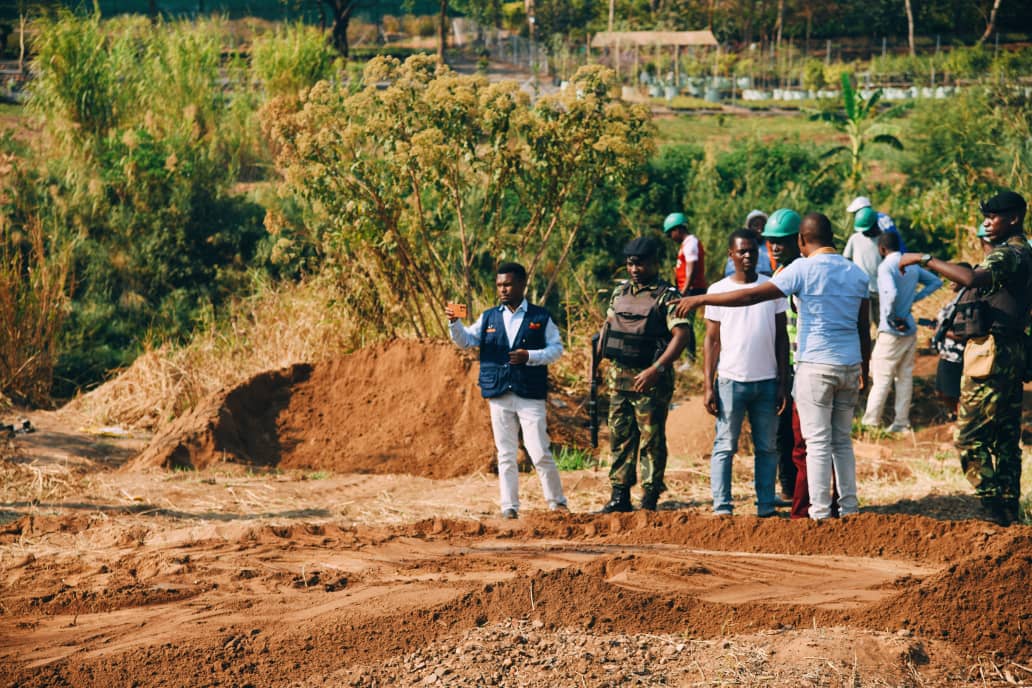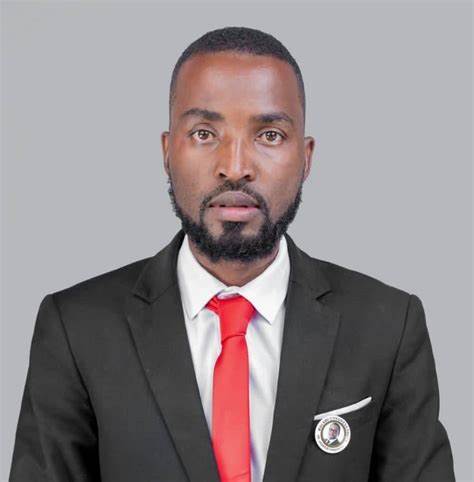As concerns grow over Malawi’s stalled Extended Credit Facility (ECF) with the International Monetary Fund (IMF), civil society organizations (CSOs) and economic experts are offering divergent views on what went wrong — and what should happen next.
At a press briefing held Thursday in Lilongwe, a coalition of civil society groups under the Civil Society Elections Integrity Forum (CSEIF) and the National Advocacy Platform (NAP) expressed deep concern over the lack of transparency surrounding the government’s dealings with the IMF.
Benedicto Kondowe, Chairperson of NAP, said the public deserves answers about why the ECF fell through.
“The government has a moral and legal duty to explain to Malawians why the ECF failed. We should not be left to speculate on social media,” Kondowe said.

CSOs argue that poor economic governance, including excessive domestic borrowing and unrestrained printing of money, may have contributed to the breakdown in negotiations with the IMF.
They urged government to open up about the conditions that were set and what reforms are needed to bring the ECF back on track.
CSOs also pointed to the underutilized mining sector as a long-term alternative to Malawi’s reliance on aid and loans.
“We have gold and other minerals in this country, but we behave as though we don’t. If the mining sector were managed transparently, it could generate revenue and help us move beyond aid dependency,” said Gift Trapence, Chairperson of the Human Rights Defenders Coalition.
Trapence called for an audit of all mining companies operating in Malawi, publication of revenue figures, and the development of a national mining strategy to ensure Malawians benefit from the country’s natural wealth.

Adding a contrasting perspective, renowned economic analyst Kingsley Jasi weighed in on the IMF saga via his Facebook page.
Jasi acknowledged that the IMF conditions are tough, including reducing the national budget, cutting money printing by the Reserve Bank of Malawi, and improving forex earnings through exports, but argued that they are not without justification.
“The real mistake was passing a large budget while having little revenue, then relying on printing money and borrowing to make it work,” he wrote.
Jasi likened the government’s actions to “adding water to milk to increase quantity,” warning that this leads to inflation, a weak Kwacha, and overall economic instability.
However, Jasi also called on the IMF to understand Malawi’s unique challenges.
“Yes, discipline is important, but you can’t fix everything overnight. The IMF needs to be flexible and supportive, not just punitive,” he added.

While their approaches differ, both the CSOs and Jasi agree on the need for honest public communication and long-term reform.
The CSOs are demanding disclosure of all IMF conditions and the government’s position, while Jasi is urging pragmatic policy design that balances fiscal responsibility with social protection.
However, President Lazarus Chakwera addressed graduates at Mzuzu University on 15th May 2025, announcing that his administration had formally agreed with the IMF to let the ECF lapse until after the upcoming elections.
“If the choice is between continuing the IMF program and spending on programs designed to make Malawi move forward, the choice is simple, we must choose our people,” he said.
He defended increased spending on teacher and police salaries, infrastructure projects, agricultural value addition, youth and women’s loans, maternal health, and emergency food aid for drought-affected families.
Chakwera chastised critics who, in his words, “succumbed to a witchcraft mindset” and “cursed the candles in the darkness,” imploring citizens to remain positive:
“When it gets dark, it is better to light a candle than to curse the darkness. And yet in this country, we even curse the candles,” he said
Malawi’s Extended Credit Facility (ECF) program, approved on November 14, 2023, was designed to support efforts toward macroeconomic stability and sustainable, poverty-reducing growth.
However, despite ongoing discussions, no formal program review was completed.








